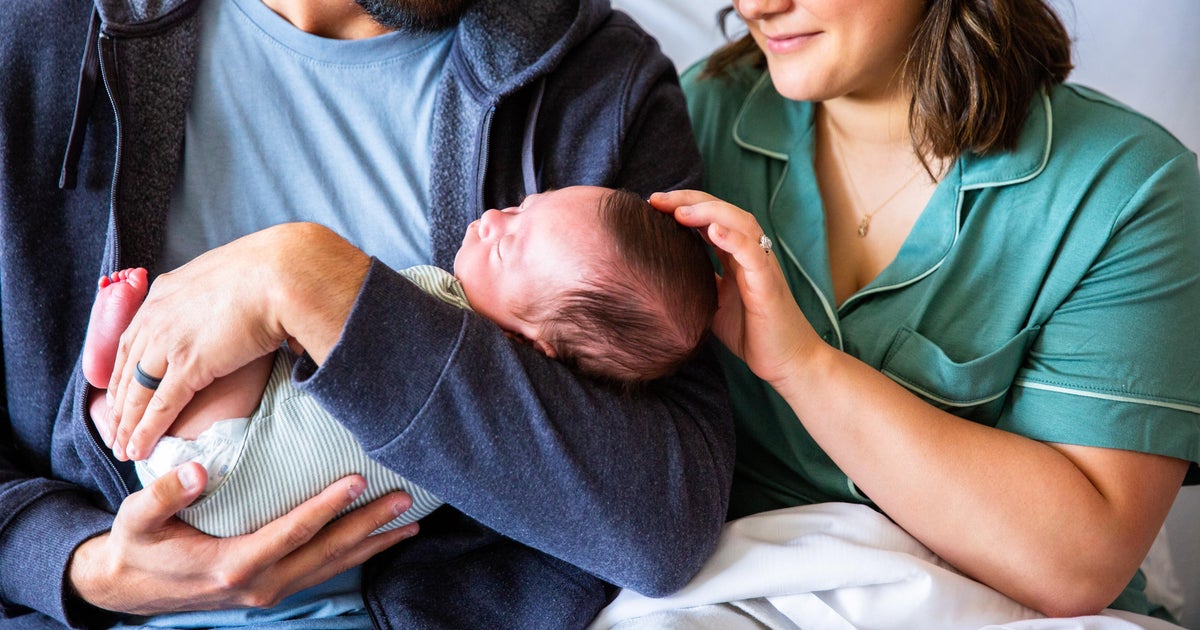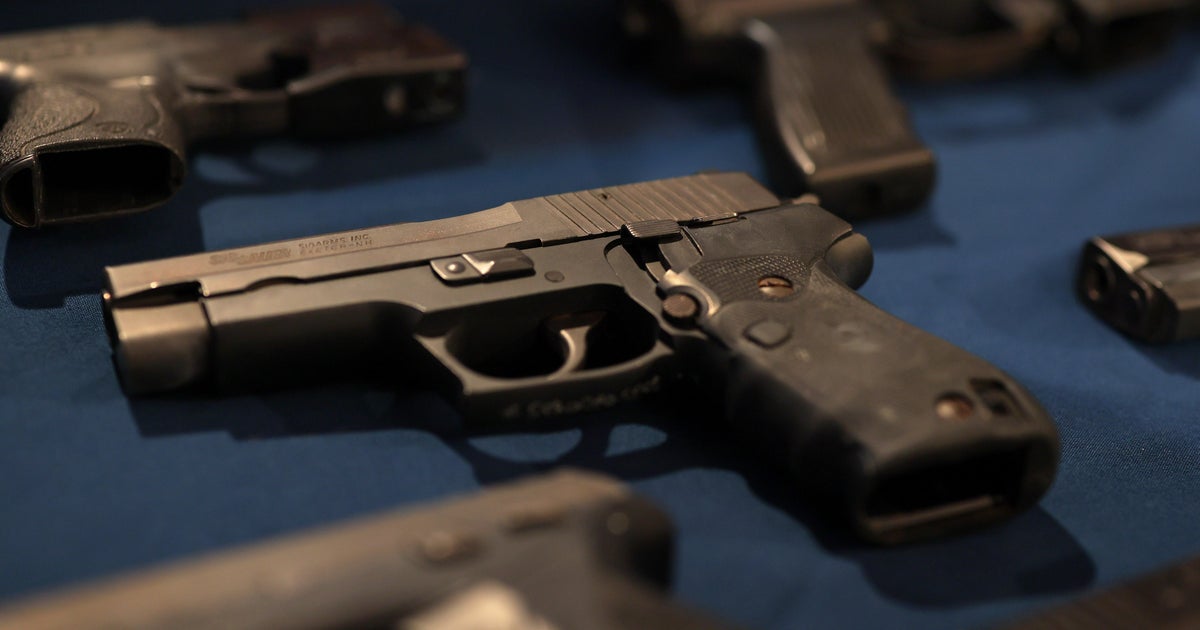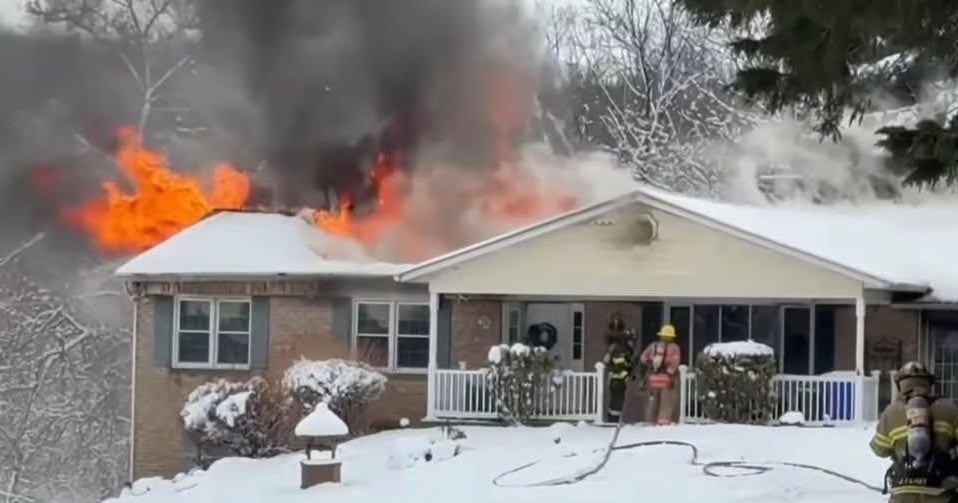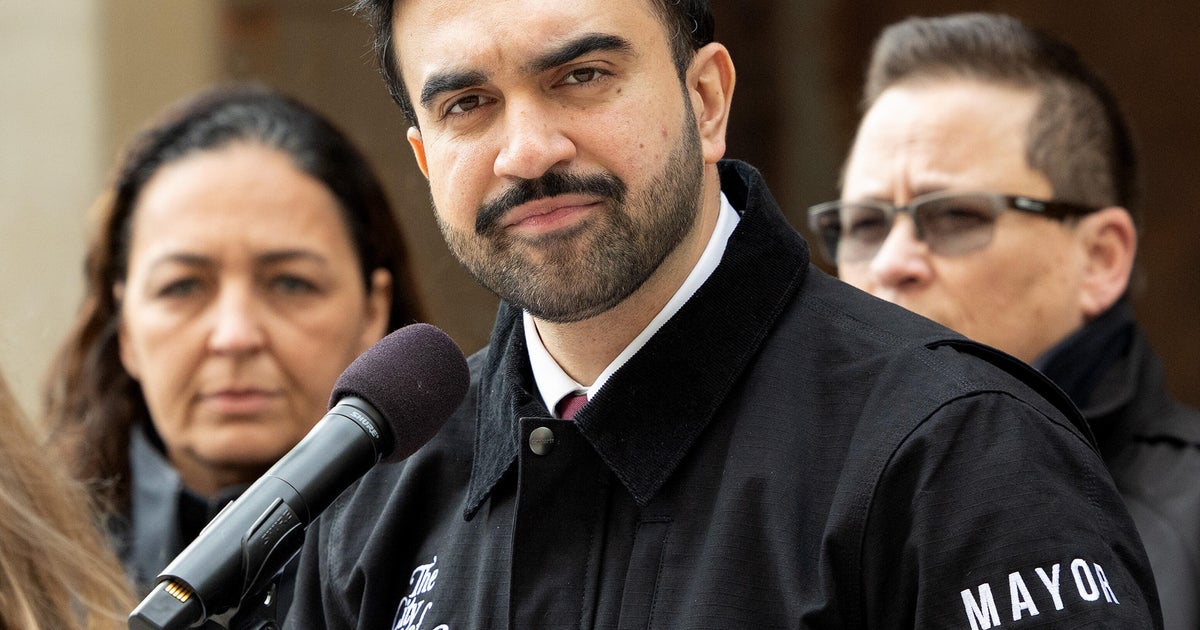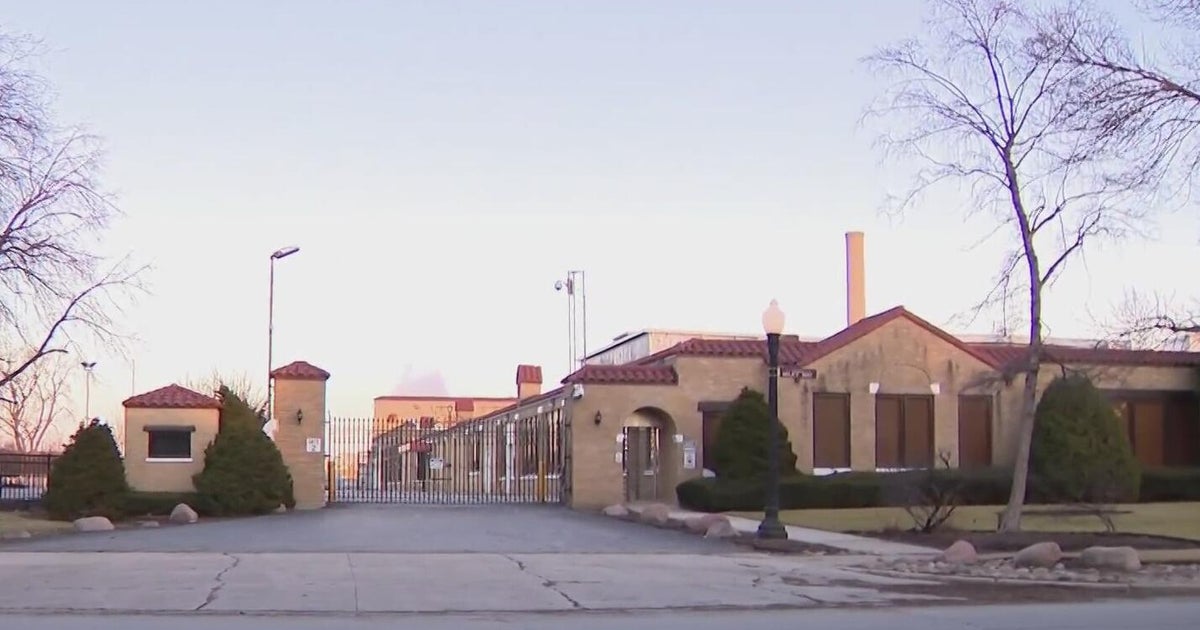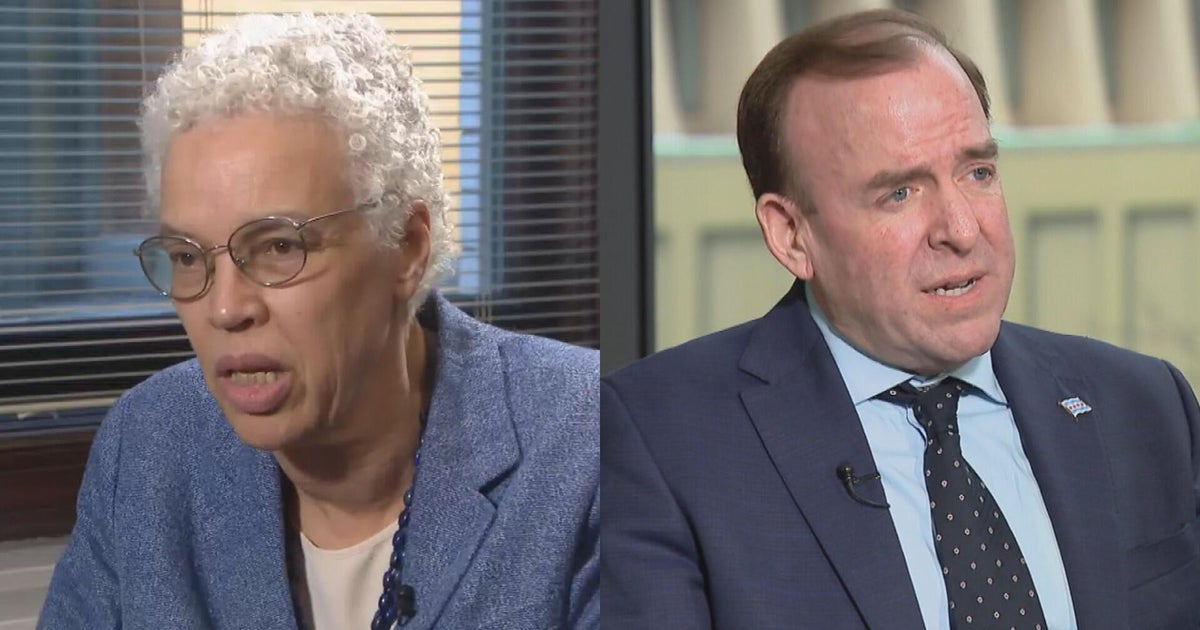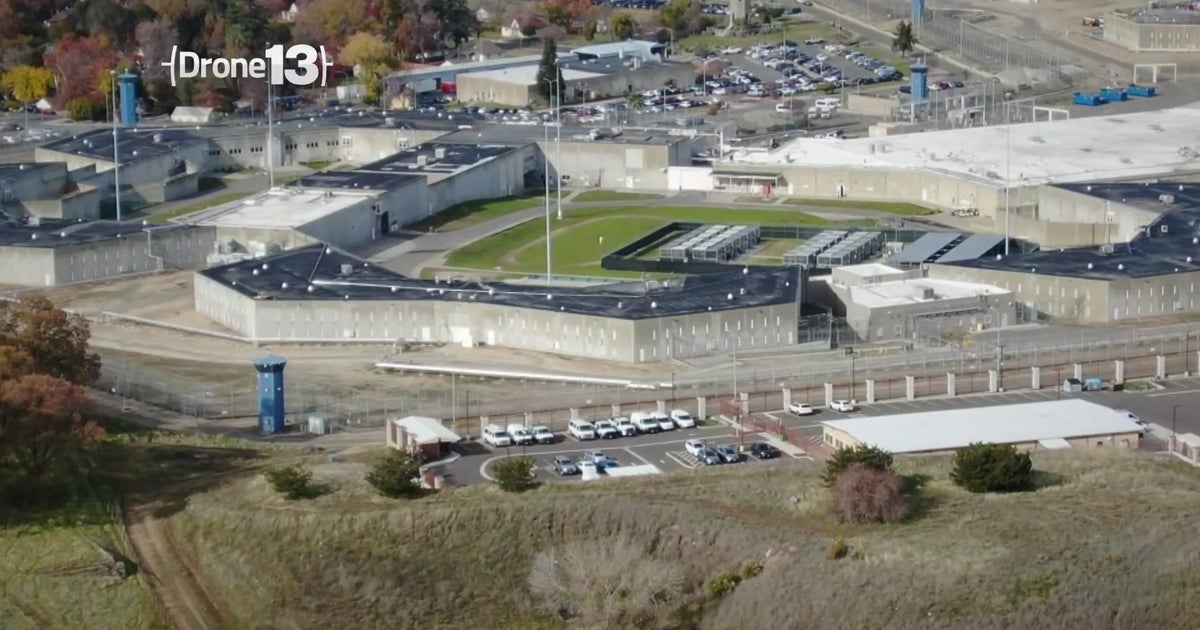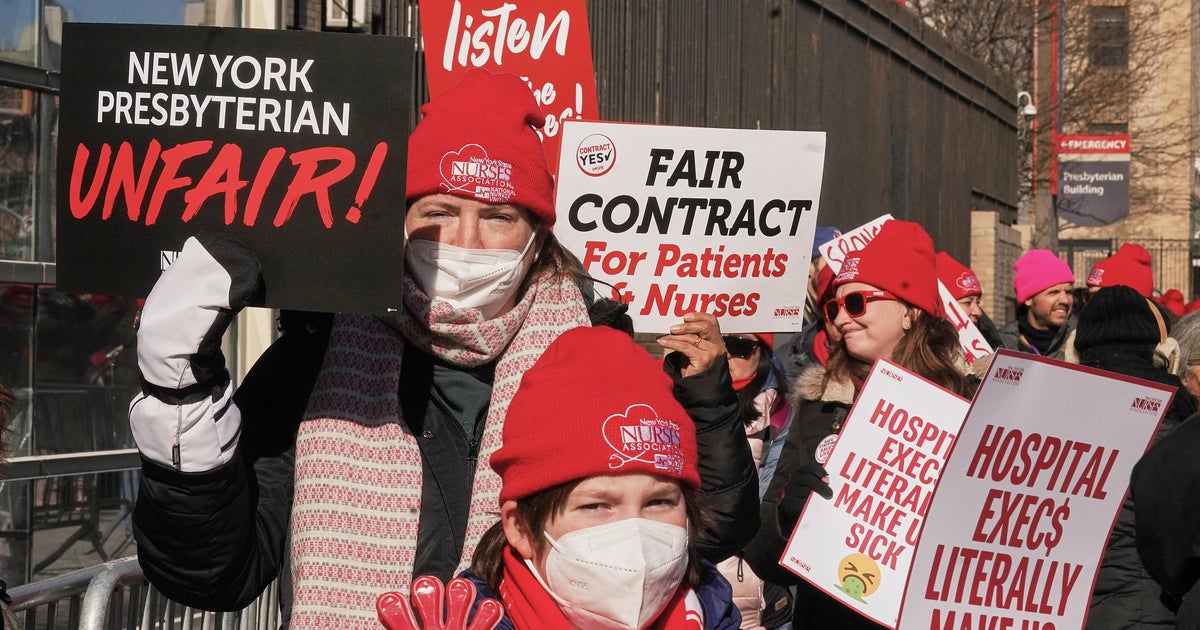Dayton-Daudt Talks End Tersely, Special Session Likely Dead
ST. PAUL, Minn. (AP) — Minnesota officials abandoned their plans for a special session to address health care costs Friday after a final attempt at negotiating a deal ended in anger, leaving more than 120,000 residents left on their own to cover massive premium increases at the start of the year.
Those rate hikes have been the subject of months of private negotiations between Gov. Mark Dayton, Republican House Speaker Kurt Daudt and other legislative leaders. But Friday's meeting was held in the public eye, where Dayton and Daudt traded barbs and blamed each other for the standstill for 15 minutes before declaring the effort dead until the Legislature returns Jan. 3.
The blowup also means that $1 billion in public construction projects and hundreds of millions of dollars in tax relief — both left unfinished from the 2016 legislative session — won't be passed. The two bills had been looped into possible special session talks.
"It's a shared failure," Dayton said of the scuttled special session. "It's bad for Minnesota, there's no doubt about it."
The premium hikes hit just a small slice of Minnesota — just 5 percent buy coverage through the individual market, and many of those shoppers qualify for federal help based on income requirements. But the issue exploded ahead of the November election, when it played prominently in Republicans' successful campaign to hold the House and regain Senate control.
Registration for individual market plans began Nov. 1 and will continue through January.
Dayton proposed a premium rebate nearly two months ago that would tap part of a budget surplus to buy down some of the premium hikes. He and legislative leaders appeared close to a deal earlier this month, penciling in a special session just before Christmas.
But that deal dissolved in a final week of fruitless back and forth, with Dayton singling out Daudt's trip to the U.S. Virgin Islands for a legislative conference this week while the speaker accused the governor of purposefully scuttling a deal. Friday's public meeting — a rarity at the Capitol, where high-level negotiations typically take place in private — repeated those talking points before the two politicians gave up and left.
Daudt said the governor's plan needed to also address questions of health care access given the stringent enrollment caps Minnesota insurers have placed on their plans. He said he and an incoming Senate Republican majority would queue up a fix when the legislative session begins Jan. 3.
"We're going to put something in place the first week of session ... and the governor is going to sign it," Daudt said "This is a little setback for Minnesotans right now."
It's not the first would-be special session to fizzle out due to gridlock between Dayton and House Republicans. Other emergency sessions that failed to launch focused on laid-off steelworkers, businesses surrounding Mille Lacs Lake struggling amid a shortened walleye fishing season, passing failed tax relief and public works packages and more.
Eyeing a session in which he'd square off with Republican majorities in both the House and Senate, Dayton predicted it would be "a very difficult one."
(© Copyright 2016 The Associated Press. All Rights Reserved. This material may not be published, broadcast, rewritten or redistributed.)
